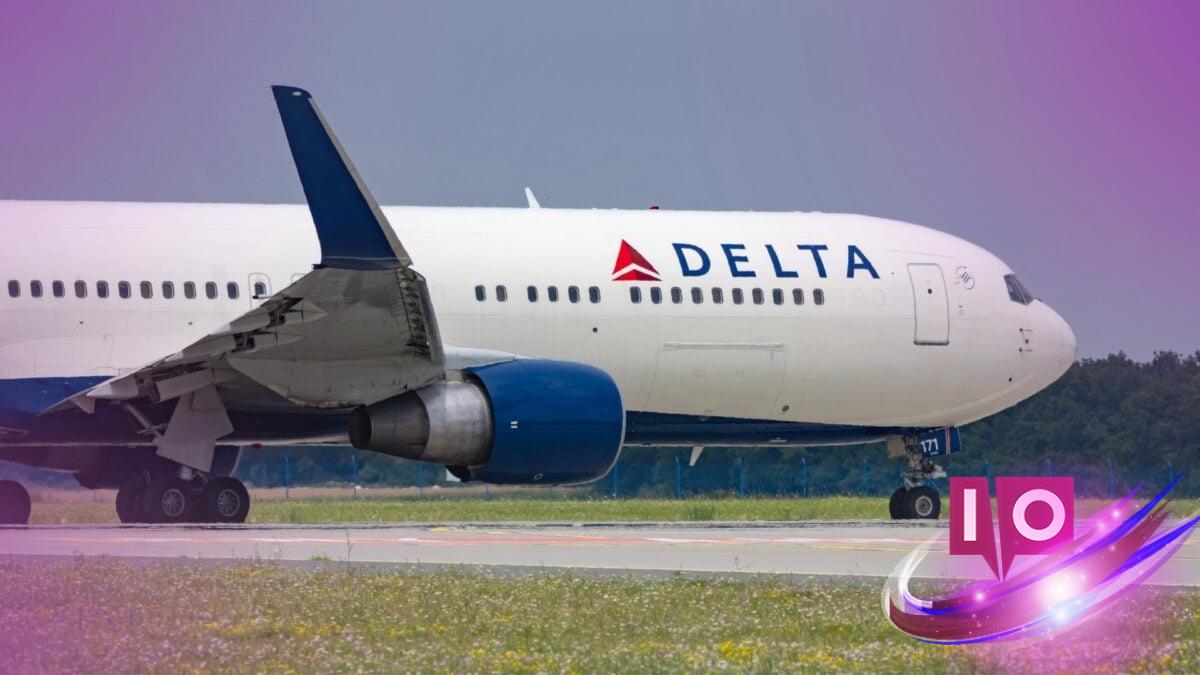The ongoing government shutdown, which has now reached 29 days, is creating significant concerns for major U.S. airlines. Delta Air Lines, among others, has urgently called on Congress to take immediate action to end the stalemate and restore normal operations.
In a statement shared with Gizmodo, a spokesperson for Delta emphasized, “Delta Air Lines implores Congress to immediately pass a clean continuing resolution to reopen the government. Our dedicated air traffic controllers, TSA agents, and CBP officers, who ensure the safety and efficiency of our national airspace, deserve to be compensated appropriately.”
During a government shutdown, many federal employees face job losses. However, essential personnel—including air traffic controllers and TSA agents—are mandated to continue working without pay, often without enough support staff. These essential workers recently experienced a reduction in their paychecks due to the shutdown, and as of Tuesday, many missed their first full paycheck.
Delta’s statement revealed that “missed paychecks only increase the stress on these essential workers, who are already working mandatory overtime to keep our skies safe.” Air traffic controllers, a crucial component of secure air travel, have been clocking in for 10-hour shifts, six days a week, according to the National Air Traffic Controllers Association (NATCA).
Government shutdowns have historically strained air travel operations. Without their salaries, federal workers may seek additional employment, exacerbating the pressures on these essential employees. This has previously led to air traffic controllers calling in sick—a scenario that can severely disrupt flight operations. For instance, during the last shutdown from December 2018 to January 2019, ten air traffic controllers calling in sick caused widespread disruptions at LaGuardia Airport and across the nation.
As Delta noted, “A system under stress must be slowed down, which decreases efficiency and leads to delays for the millions traveling by air every day.” In earlier discussions regarding the financial impact of the shutdown, Delta’s executives mentioned that the risk had been “less than a million dollars a day,” although they acknowledged it could escalate with continued disruptions.
In related news, the Wall Street Journal reported that exclusive security screening for premium Delta One customers has been suspended at two airports due to the ongoing shutdown, underscoring the ripple effects on service quality.
United Airlines CEO Scott Kirby also joined the chorus urging Congress for a swift resolution. Speaking to the media, he remarked, “While I don’t have a position on which partisan side and how things should be settled with health care, it has been 30 days. I believe it is time to pass a clean CR and use that opportunity for substantive negotiations.”
The “clean continuing resolution” sought by both Delta and United is a Republican-led measure that has passed the House but faces opposition from Senate Democrats who are advocating for negotiations on crucial issues like extending certain Obamacare tax credits that are set to expire soon.
What are the implications of a government shutdown for air travel? A protracted shutdown can greatly hinder air travel, leading to delays and increased operational stress on air traffic controllers and TSA agents. This system strain can affect thousands of daily travelers, illustrating the need for immediate governmental action.
How does a government shutdown impact air traffic controllers? They are required to work without pay during a shutdown, often increasing their workload and stress levels, which can lead to lower morale and operational disruptions.
What has been the historical impact of previous government shutdowns on airlines? Previous shutdowns have led to significant service disruptions, including mass call-outs from air traffic controllers. The last major shutdown resulted in widespread flight delays and cancellations due to staffing shortages.
In conclusion, the urgency for a resolution in Congress cannot be overstated, as the effects of the ongoing government shutdown ripple across the travel industry. We encourage you to stay informed on this pressing issue, explore related content, and understand its broader implications. For more insights, check out Moyens I/O.
